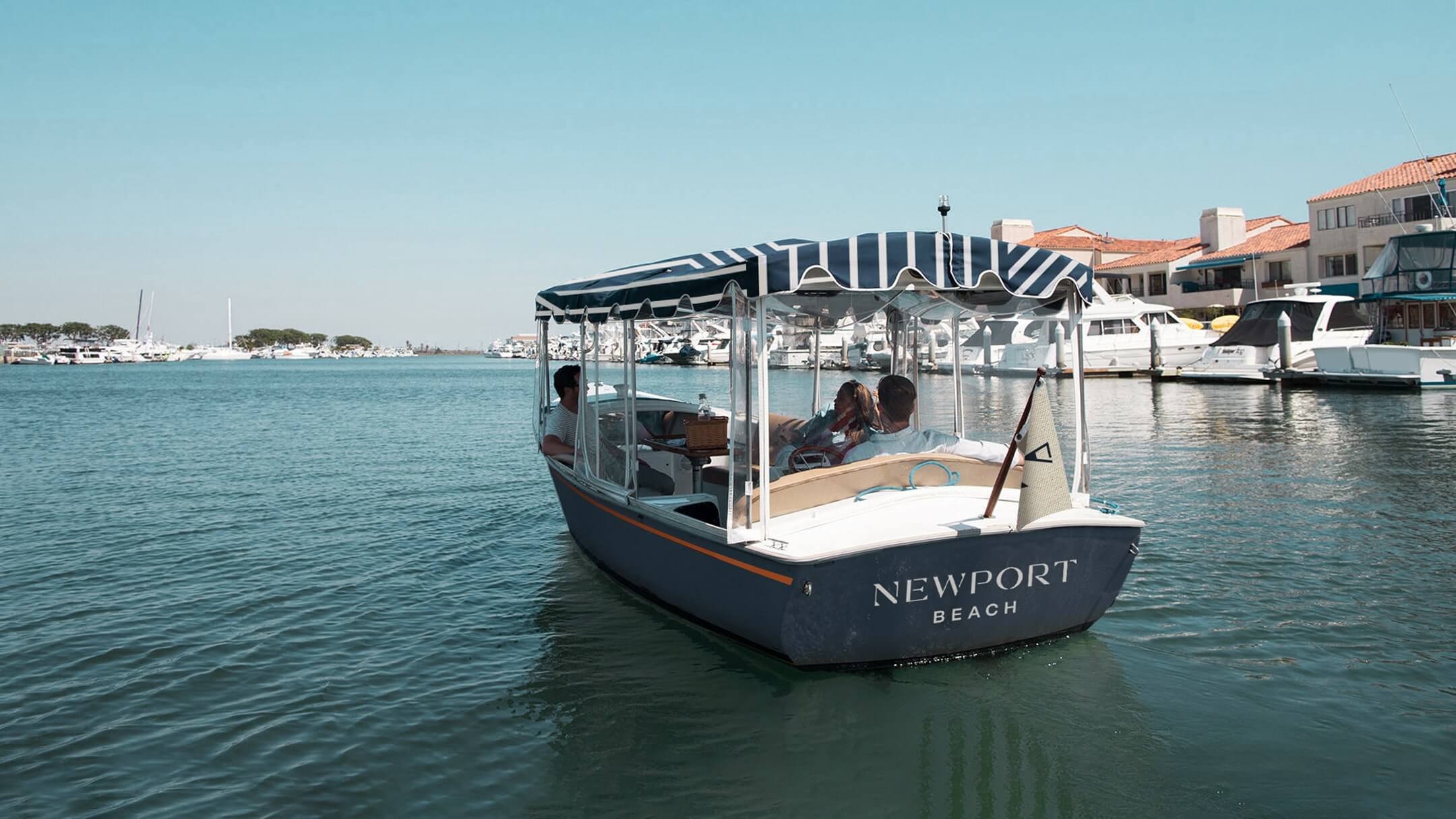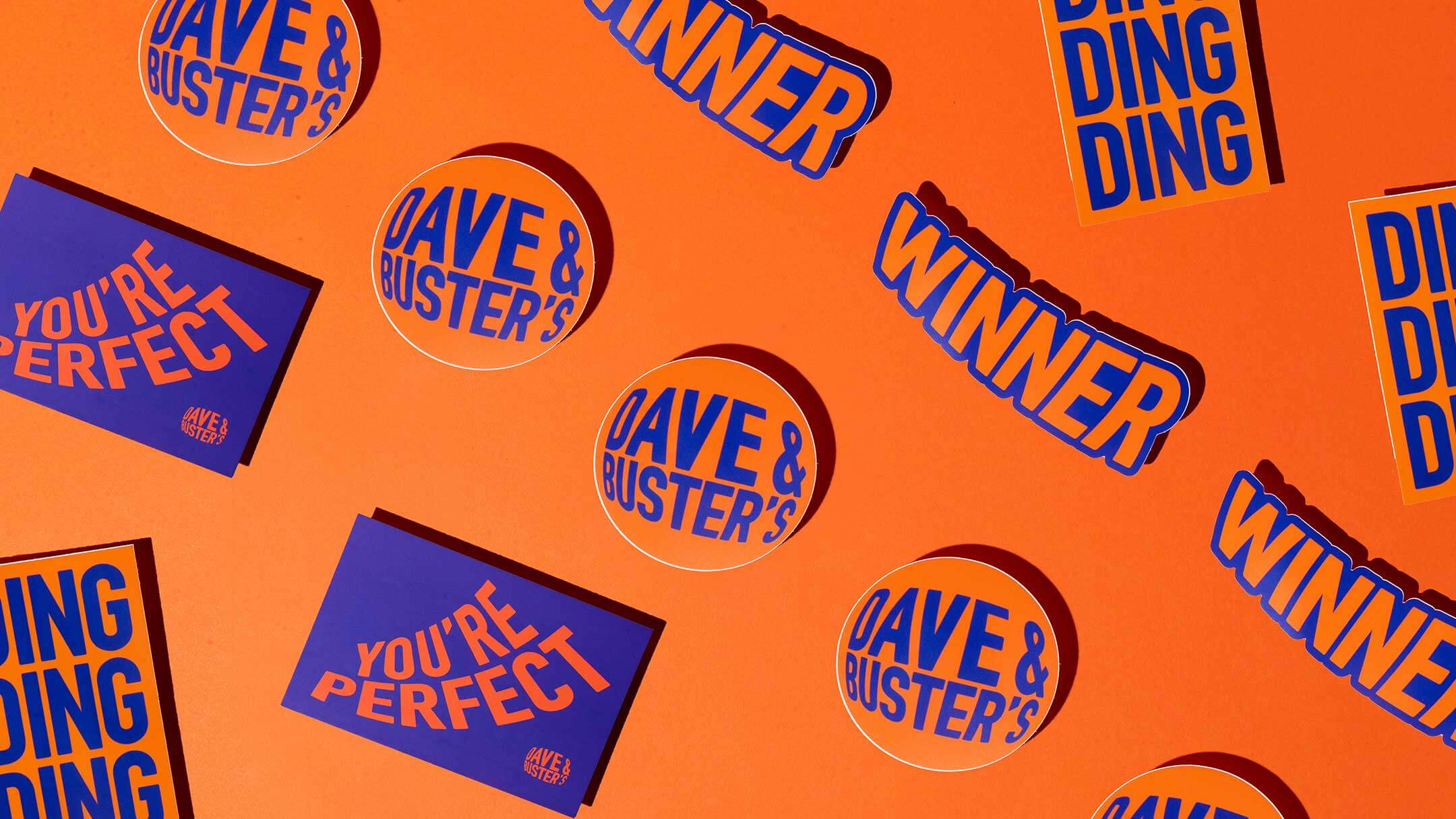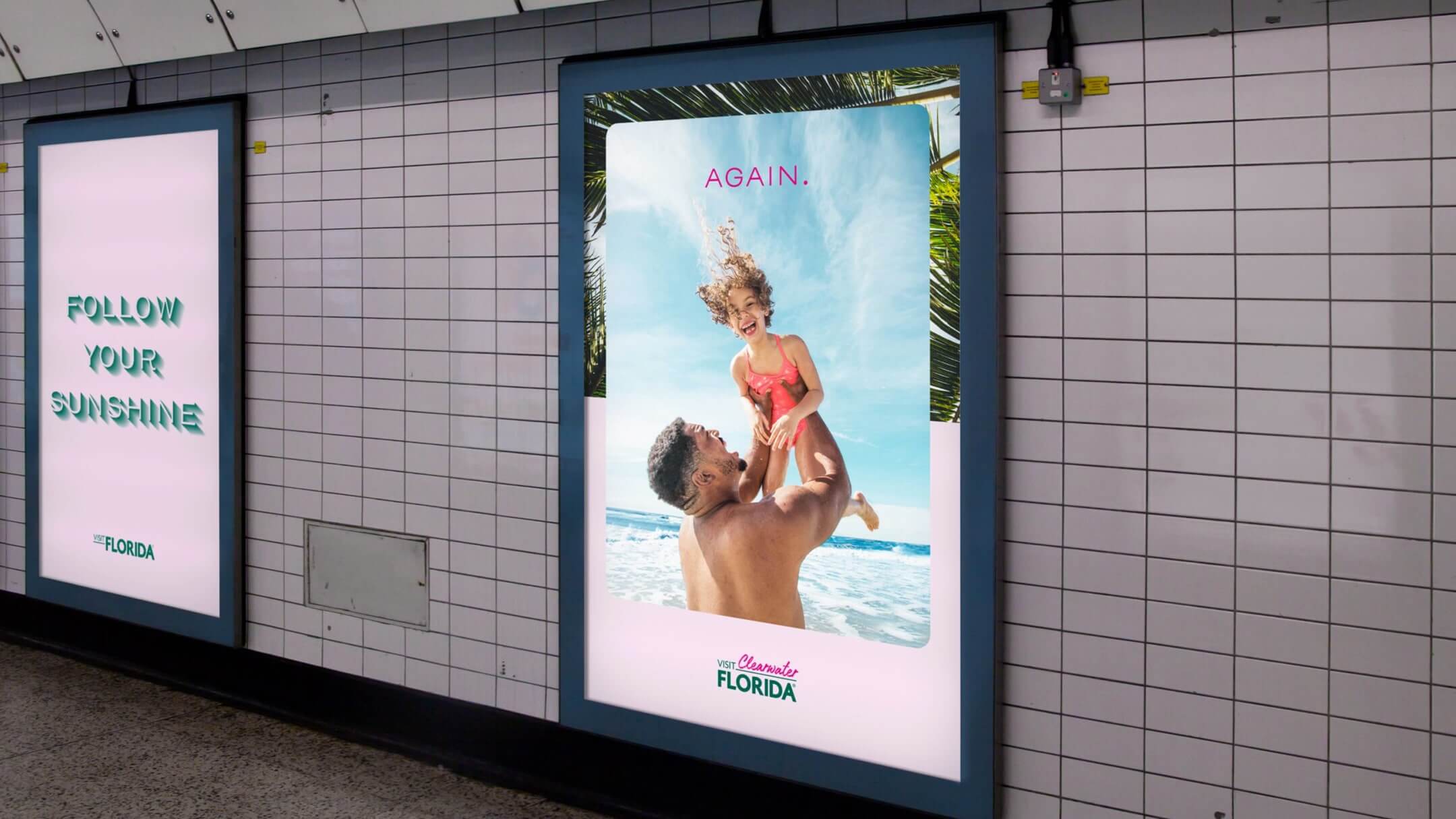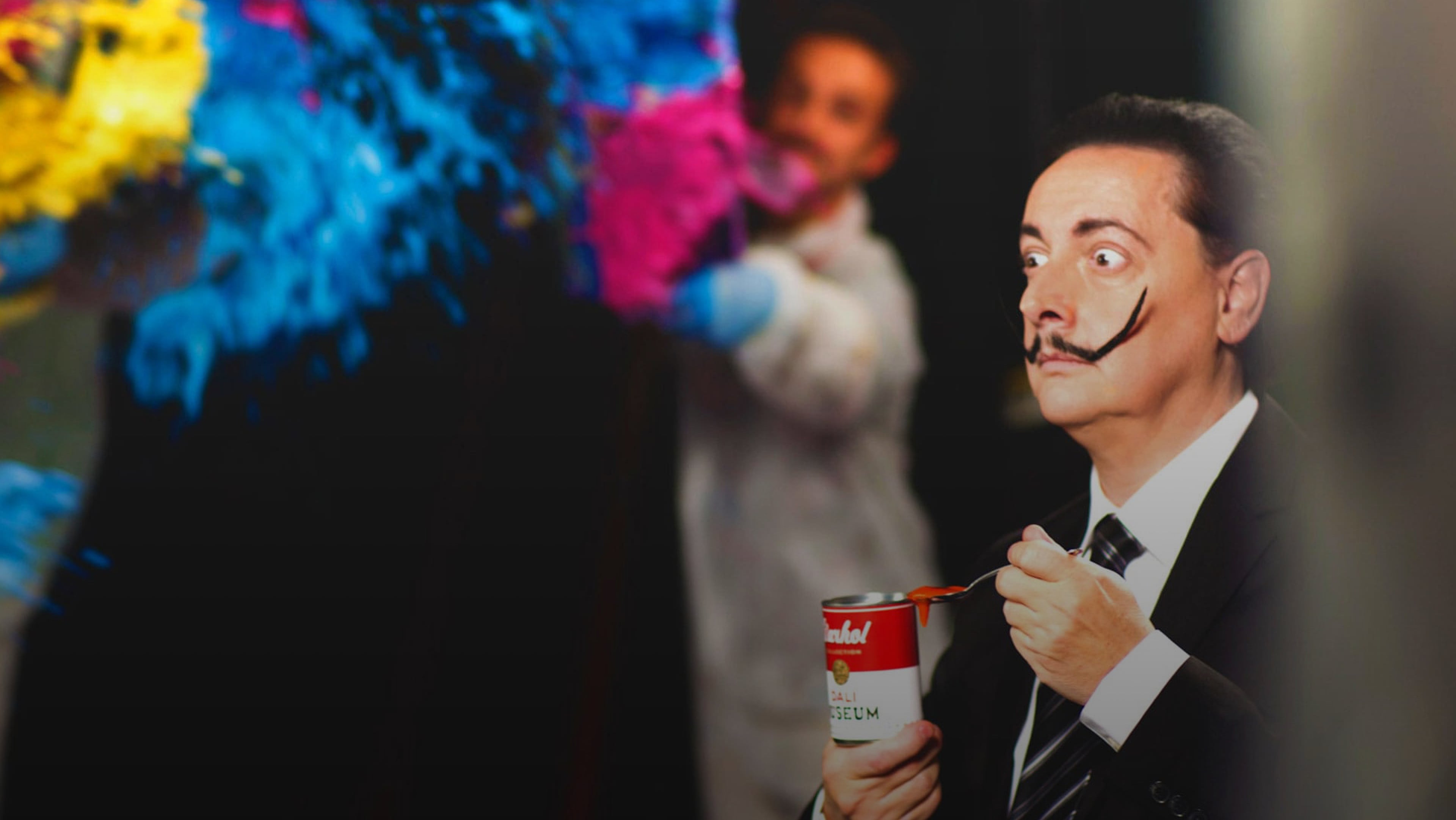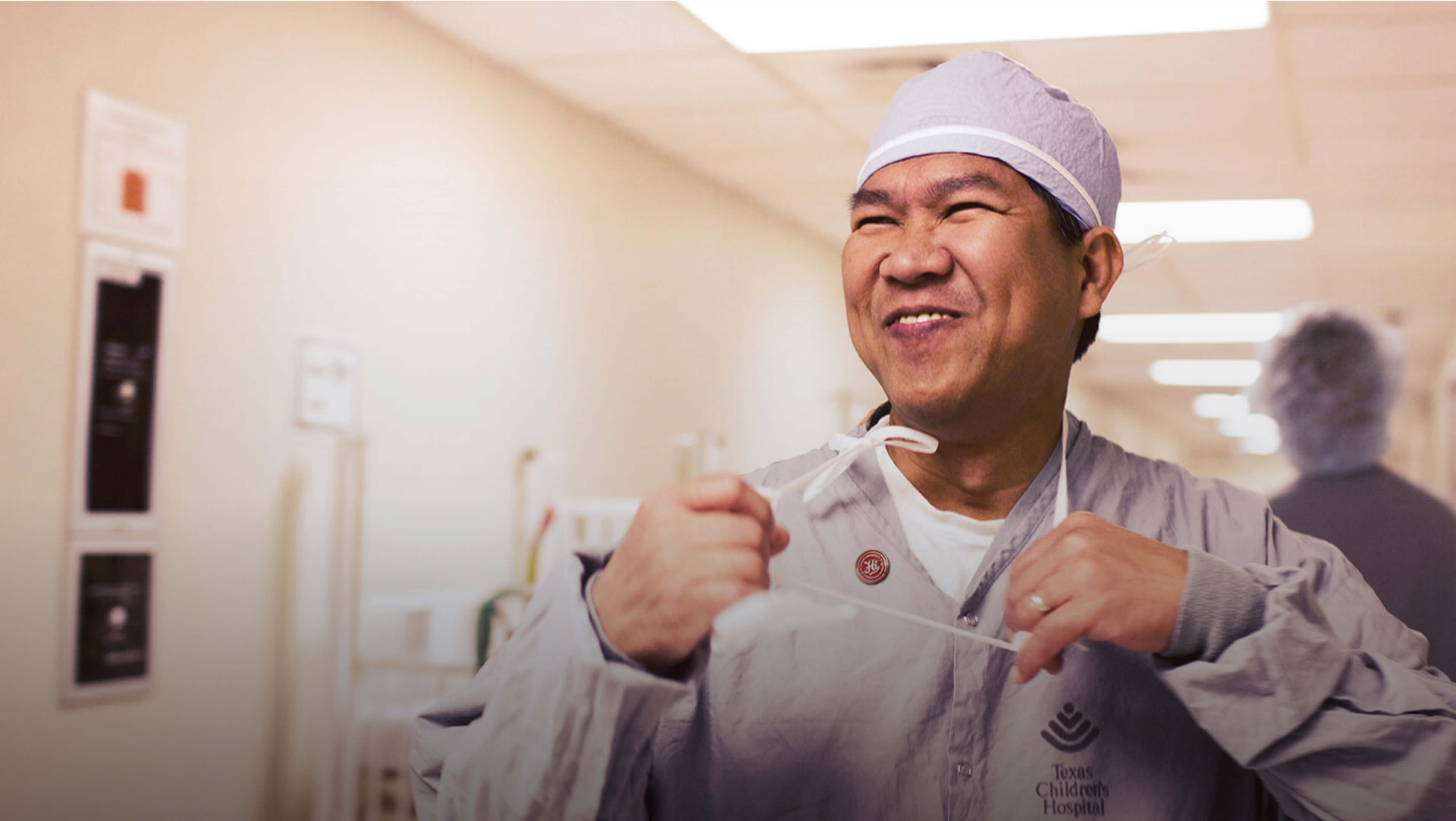Bringing humility back to the forefront
Over the years, we have often been asked to define what makes a great fit for an employee joining our organizational culture. Or even more broadly, what characteristics are necessary to make someone successful in an agency environment. Many common or even obvious characteristics come to mind: hard working, team-oriented, organized, creative, smart, resourceful, collaborative, self-starter, etc. No doubt, these are important. But there is one characteristic that we have found to be of critical importance. One that no one talks about nearly enough: humility.

Humility is something not often praised or encouraged in our industry. Think about the conditioning we go through: compete for your jobs, compete for the next client, compete for the idea, compete for the promotion, and (as agencies) compete with one another. Competition is great – it pushes us to find ways to improve our skills and become better at our collective craft. But, the downside of only focusing on external competition is that it’s too binary — you either win or lose. And the real damage is done when we start defining ourselves by our wins and losses. This is where humility can truly become a superpower to help us rise above superficial measurements and focus on real growth and development that makes a difference in how you work, what you create and the impact that you make.
Humility requires a reconditioning of our relationship with four important things.

Our relationship with failure.
We are taught at a young age to avoid failure at all costs, which is completely unrealistic because everyone fails – FULL STOP. But, we have been conditioned to associate failure with only negative. When you look at the greatest works in the world, whether in tech or art or cooking, they are only possible because of the many previous failed attempts that paved the way for their eventual success. Each failure was an opportunity to learn, and each learning begot an improvement that led to the masterwork. So, when you look at the type of people you want in your organization, look for the ones who have a healthy relationship with failure. Author Mark Manson says “If they aren’t willing to fail, they aren’t able to learn from their mistakes. If they never learn, they’ll never grow and develop into something more. If you’re not willing to fail, you guarantee you’ll stay average-at-best.” Humility helps us realize that success is only possible when we embrace the valuable learnings that come from failure.
Are you avoiding association with failure? Check yourself by asking a few questions. Do you run towards praise? Do you run away from criticism? Do you take criticism personally? Do you try and deflect criticism based on circumstance or others involved? If you answered yes to any of these, then you’ve taken the first step towards an honest relationship with failure. It’s normal to have these behaviors, especially when we’ve been taught that failures might define us or make us less trustworthy to others but challenge yourself to reframe your thinking.
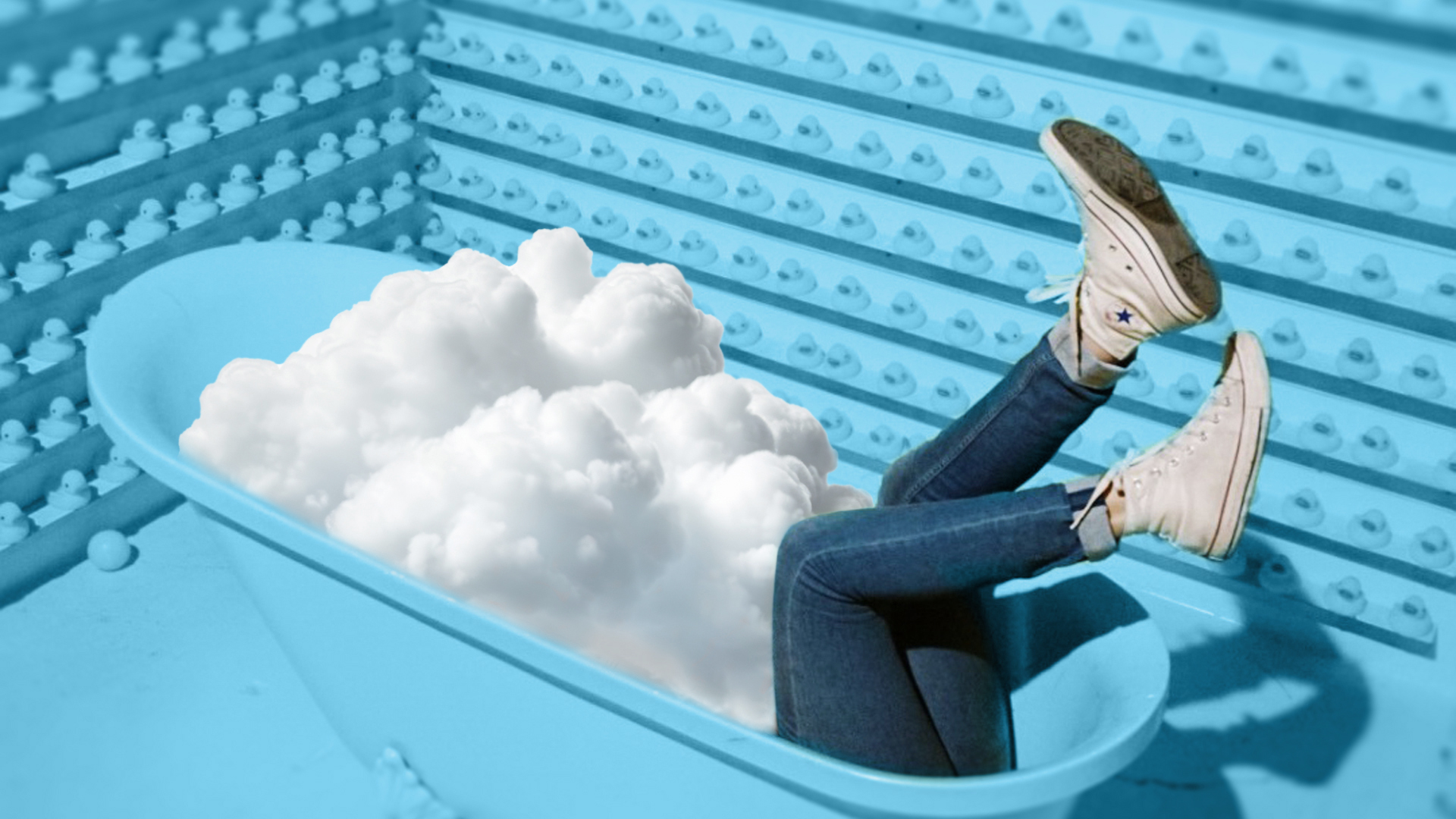
Our relationship with expectations.
Whether we want to or not, we all have expectations that define how we behave in the world. Some, we set for ourselves, and others are those we think others have of us. It started with our parents (sit down, be quiet, don’t speak unless spoken to) and continued through social feedback (don’t wear this because people will laugh, don’t say that because people will think you’re strange, do this other thing because it’s socially acceptable even though you’re not that into it). The intent behind this behavioral conditioning is often to protect ourselves from what is perceived as harmful. But, in the long-run it trains us to avoid fear and ignore the possibilities of what might actually work. Conformity to norms and denial of self — are dangerous in a creative profession. We must have the courage to focus on what’s possible and be willing to lean into the unknown. Greek philosopher Epictetus says “If you want to improve, be content to be thought foolish and stupid.” There is a bravery in people who question the way things are and focus on what might be. In the words of Mike Tyson, “Whatever I’m afraid to do, I just do it. I’m comfortable being uncomfortable.” Humility makes us resilient and helps us lean into discomfort to create room for growth.
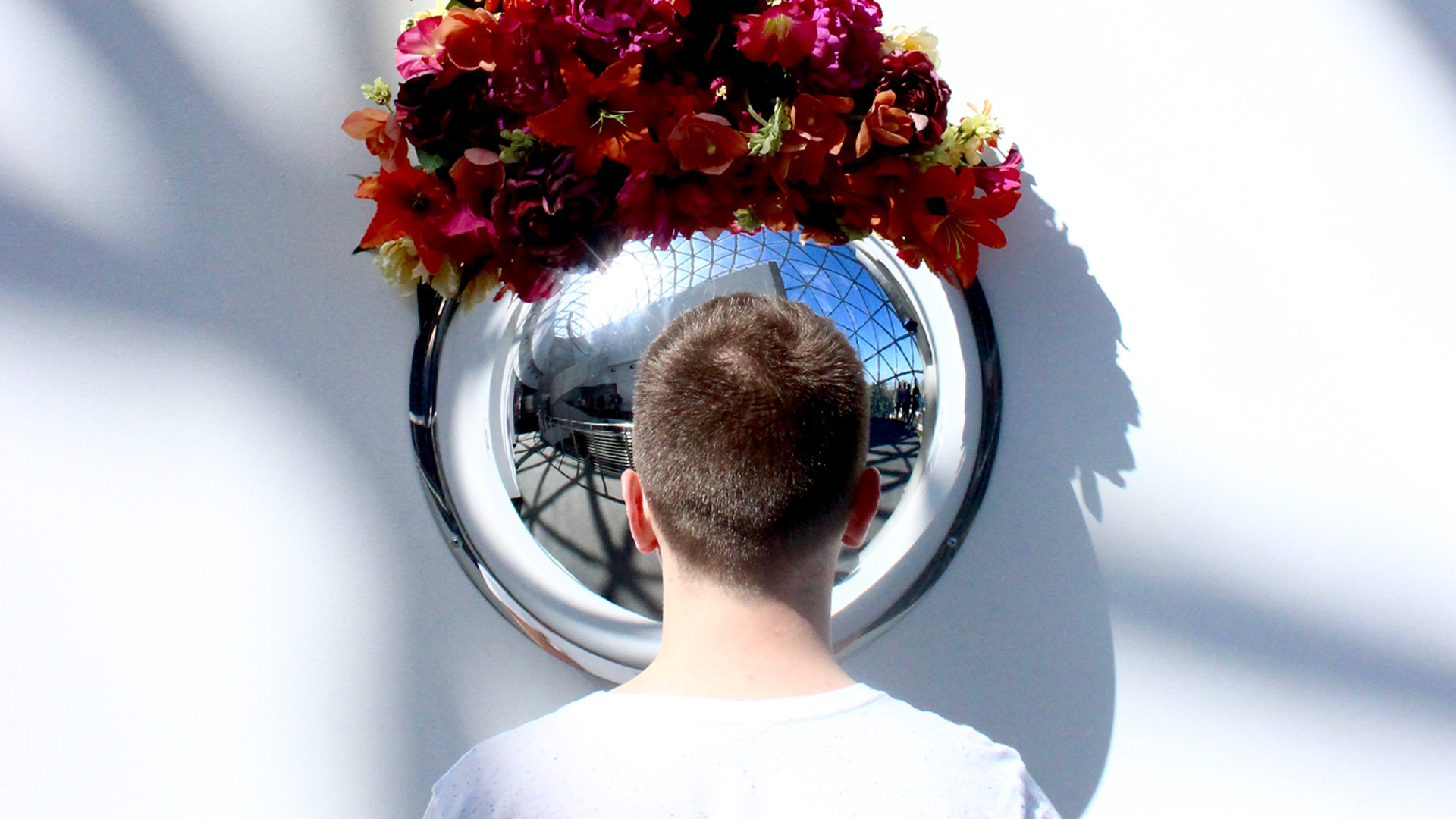
Honesty with ourselves.
All of us want to believe that we are without fault, we’ve never made a mistake, and we’re the best versions of ourselves all the time. But, we also know that this is often not the case. That is why the feedback process is so critical to true and meaningful growth. To be successful in an agency environment, you must be actively coachable. And that process starts with seeking out feedback with the motivation to truly improve yourself. Hearing what we’re doing well is important. It gives us some guardrails for the behaviors we should continue to maintain. But the stuff that’s not so easy to hear is just as, if not more, important to take in. And in these scenarios, it’s important to maintain curiosity so we can more deeply understand where we might be missing opportunities for growth. The humility to seek out feedback is necessary to move your relationship with failure to a positive place.
When receiving feedback, consider asking the one providing it: How did this put you in a challenging position? What opportunities were missed because of it? What are your priorities so that I can better understand how to communicate or involve you? Being proactive in seeking out feedback from all levels (peers, supervisors, those you may manage) is critical to gaining a true understanding of your performance and your potential.

Honesty with others.
Most people have not been trained to give feedback in a healthy and productive way. Even in the most collaborative of organizations, there exists an underlying fear of giving true and honest feedback. People may hesitate to give great feedback because they want to avoid conflict or prefer to be “nice” instead of honest. But often, this creates an environment in which people are simply stewing in their frustration with things they wish would change and no one is growing. It’s been said so many times: nothing changes if nothing changes. In a creative environment, we know that the best ideas come from conflict and tension. But we avoid it like the plague within our own walls and with each other. We need to do a better job of training teams on not just how to give great feedback, but also why it’s so important. When feedback is given with the motivation of helping someone to become a better version of themselves, it’s the ultimate act of kindness. It shows someone that you care enough to invest your time and energy to help them create positive change. Is it uncomfortable to put yourself in that position? Sure, it absolutely can be. But humility is a superpower because it helps us lean into discomfort and give ourselves, and others, room to grow.

So, for those out there who might be wondering “what’s the problem with having some confidence?” I am here to say that humility and confidence are not at odds. In fact, humility is what can breed true and genuine confidence in ourselves and in others. Sometimes, hubris is mistaken for confidence. But it is often actually masking a deep lack of confidence that someone may have. The chest beating, the loud talking and the wanting to be the one person in the room with all the answers may be covering up a deep desire to convince others of an ability we may not actually feel we have. Those with true and genuine confidence are just as comfortable in the space where they don’t have all the answers as when they do. Humility gives them the ability to stay focused on the exciting process of finding the most creative and effective solutions, instead of proving themselves to others.
If you are a highly collaborative organization that wants to foster a culture of transparency and honesty, think about humility as a core characteristic to seek out. It may not always be easy to identify, but it is critical to a growing agency that must navigate constant change. Fostering humility in yourself as a leader and in your teams is what fosters growth mindsets, effective collaboration, and a culture that is sustainable. As agencies, we want to do big things. Doing big things requires a learning mindset, bravery, discomfort and being a little bit nuts. Humility is the engine that powers all of it.

